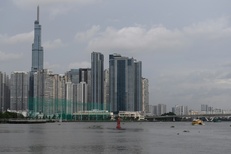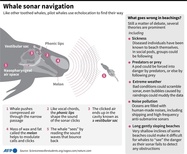World Bank chief Malpass says won't quit over climate denial row
World Bank President David Malpass said Friday he had no plans to stand down, as he battles charges of climate denial for dodging questions on the role of man-made emissions in global warming.. Pressed on stage to respond to a claim by former US vice president Al Gore that he was a climate denier, Malpass declined multiple times to say whether he believed man-made emissions were warming the planet -- responding, "I'm not a scientist."













